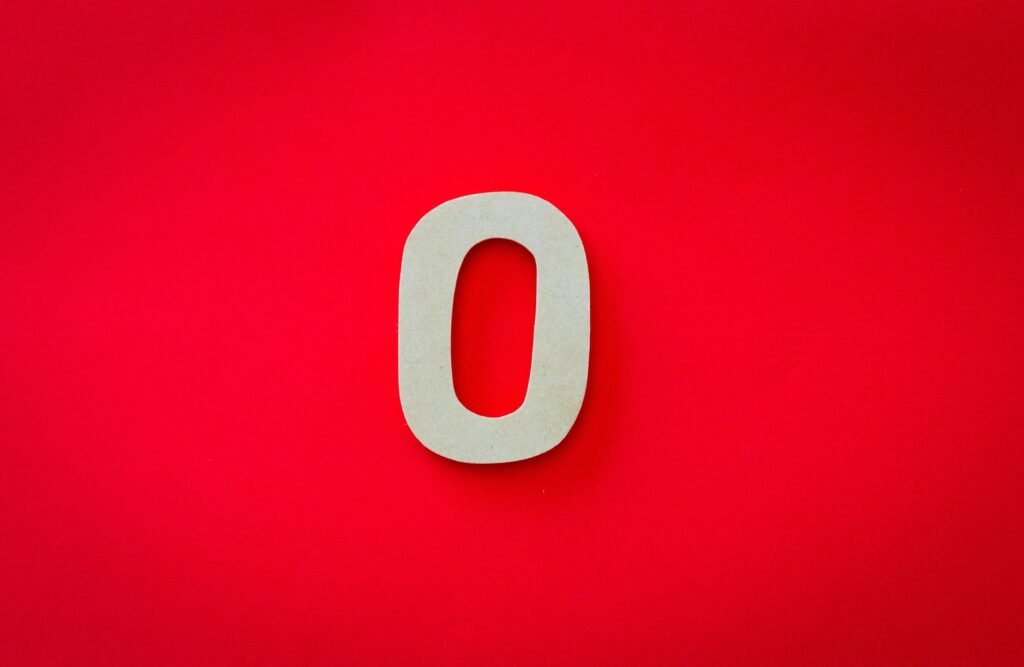هل تعلم أن الأرقام الحديثة هي من أصل عربي؟
القصة المثيرة للأرقام التي نستخدمها اليوم ورحلتها من العالم العربي
عندما تمسك هاتفك، تدفع فاتورة، أو تحسب مجموعتك في لعبة، هل خطر ببالك يومًا أن هذه الأرقام التي تراها كل يوم (0, 1, 2, 3…) لها قصة طويلة ومثيرة بدأت قبل أكثر من ألف سنة في عواصم الحضارة الإسلامية؟
نعم، الأرقام التي يعتمد عليها العالم اليوم، والتي تُعرف عالميًا بـ”الأرقام العربية”، هي ثمرة رحلة عبقرية انطلقت من الشرق، عبرت الأندلس، وغيرت مسار العالم.
البداية في الهند… والانطلاقة الحقيقية في بغداد
القصة بدأت في الهند، حيث طور العلماء هناك نظامًا عدديًا يعتمد على تسعة أرقام وصفر مميز. لكن النقلة الحقيقية حدثت عندما نقل العلماء العرب هذا النظام، وأضافوا إليه عبقريتهم الخاصة.
في بغداد، خلال العصر العباسي، تأسس بيت الحكمة، مركز العلوم والمعرفة، حيث ترجم العلماء العرب كنوز العلم الهندي واليوناني، ومن بينهم محمد بن موسى الخوارزمي، الذي لعب دور البطولة في نشر النظام العددي الجديد.
الخوارزمي، في كتابه الشهير “الكتاب المختصر في حساب الجبر والمقابلة”، لم ينقل الأرقام فحسب، بل أسس قواعد الجبر والعمليات الحسابية التي تعتمد على القيمة المكانية، حيث يحدد موضع الرقم قيمته، وهو ما يجعل الصفر ذا أهمية بالغة.
الصفر: قصة الرقم الذي غيّر العالم
قبل الصفر، كان العالم يعيش في فوضى حسابية. أنظمة مثل الأرقام الرومانية كانت مرهقة، بلا رمز للعدم، مما صعّب الحسابات.
العلماء العرب أدركوا أن الصفر ليس مجرد “لا شيء”، بل هو رقم قوي، يحمل إمكانية تمييز بين الأعداد ويُسهّل العمليات الرياضية المعقدة.
هل تعلم أن كلمة “صفر” مأخوذة من الكلمة العربية “صِفر” بمعنى الفراغ؟ وقد دخلت إلى اللغات الأوروبية عبر الترجمات، فأصبحت “Zephirum” في اللاتينية، ومن ثم تطورت إلى “Zero” بالإنجليزية والإيطالية، و”Zéro” بالفرنسية.
إدخال الصفر مكّن من بناء النظام العشري الحديث، والذي يستند عليه كل شيء اليوم، من الحساب البسيط إلى برمجة الحواسيب.

الأندلس: البوابة التي دخلت منها الأرقام إلى أوروبا
في القرن الثاني عشر، كانت الأندلس (جنوب إسبانيا اليوم) جسرًا بين الحضارة الإسلامية والعالم الأوروبي. من مدن مثل قرطبة وطليطلة، بدأت الأرقام العربية رحلتها إلى الغرب.
من بين الأسماء التي ساهمت في هذا الانتقال، يبرز ليوناردو فيبوناتشي، العالم الإيطالي الذي تعلم الأرقام العربية أثناء وجوده في بجاية بالجزائر، حيث لاحظ كيف يستخدمها التجار المسلمون بسهولة وبراعة تفوق الأرقام الرومانية.
في عام 1202، نشر كتابه “ليبر أباشي”، الذي دعا فيه لاستخدام النظام العددي العربي، معتبرًا إياه أفضل وسيلة للحسابات التجارية والعلمية.
المقاومة الأوروبية: بين القبول والرفض
رغم مزايا الأرقام العربية، لم يكن انتقالها إلى أوروبا سهلاً. الأوروبيون اعتادوا على الأرقام الرومانية، وكان هناك من يرى في النظام الجديد “غامضًا” أو حتى “خطرًا” لأنه جاء من العالم الإسلامي، الذي كان يُنظر إليه كـ”عدو” في زمن الحروب الصليبية.
في بعض المدن الأوروبية مثل فلورنسا، صدر مرسوم يمنع استخدام الأرقام العربية في السجلات الرسمية، بحجة سهولة التلاعب بها مقارنة بالأرقام الرومانية “الواضحة”.
لكن بمرور الوقت، ومع تطور التجارة، العلوم، والمصارف، بدأ الأوروبيون يدركون تفوق هذا النظام العددي، حتى أصبح معتمدًا في كل أنحاء القارة، ولاحقًا في العالم بأسره.
الأرقام: بين المشرق والمغرب
من الطريف أن نذكر أن العالم اليوم يستخدم ما يسميه “الأرقام العربية” (0,1,2,3…), بينما في الدول العربية، يُستخدم نظام رقمي مختلف قليلاً يُعرف بـ”الأرقام الهندية الشرقية” (٠١٢٣٤٥٦٧٨٩).
لكن في الأصل، كلا النظامين ينتمي إلى نفس الجذور العلمية التي طورها العرب، مع اختلافات في الرسم والتشكيل حسب المناطق.
أثر الأرقام العربية في العالم الحديث
اليوم، لا يوجد مجال إلا وتُستخدم فيه هذه الأرقام:
- في العلوم، يعتمد الباحثون على هذا النظام في التجارب والمعادلات.
- في الاقتصاد، تشغّل المصارف والأسواق بناءً على العمليات الرقمية.
- في التكنولوجيا، تقوم الحواسيب على أنظمة ثنائية تستند إلى مفاهيم الصفر والواحد التي تعود إلى تراث الأرقام العربية.
حتى البرمجة والأنظمة الرقمية التي تحكم الهواتف الذكية اليوم تعود جذورها إلى النظام العددي العشري الذي طوّره العرب قبل قرون.
إرث حضاري نفخر به
حين تنظر إلى الأرقام التي تكتبها كل يوم، تذكّر أن وراءها قصة حضارية عظيمة، صنعها العلماء العرب والمسلمون، وبثوها في العالم لتكون لغة عالمية يتفاهم بها البشر في كل القارات.
إنها ليست مجرد رموز، بل شاهد على الدور الرائد الذي لعبه العالم العربي والإسلامي في بناء أسس العلم والحضارة.
وفي كل مرة تكتب فيها رقمًا، أنت في الحقيقة تواصل تلك الرحلة، التي بدأت ذات يوم في بغداد، ومرت بـ الأندلس، حتى وصلت إلى كل بيت ومدرسة وشركة حول العالم.






